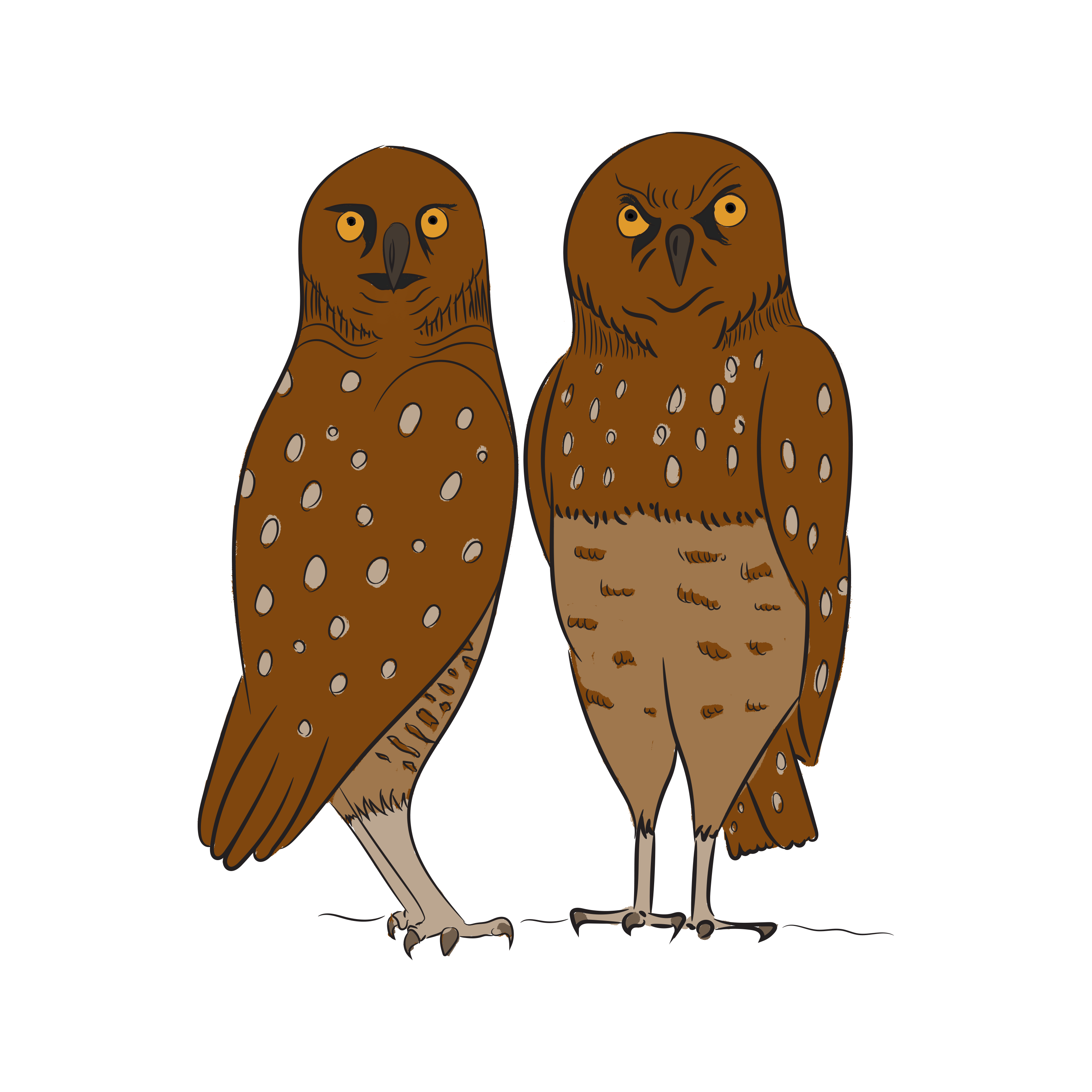
The Not-Boring Tech Writer podcast review – Surviving in the Dev World
By Catherine Heath on Writing docs from October 11, 2018
We wrote a previous post on how Jacob Moses has relaunched his technical writing podcast, The Not-Boring Tech Writer. This current post reviews the newest episode.

Jacob’s latest podcast guests are Michal Skowron and Pawel Kowaluk. They are both technical writers at Guidewire Software and they’re based in Kraków, Poland.
The episode focuses on how technical writers can be effective in the world of developers. This is an important question, since many technical writers work in the software industry, which is also a very rapidly growing industry.
Technical writers are struggling to define themselves in a developer-dominant environment, and to carve out their own niche in such a technical field. Some feel they are at risk of their skills being undervalued, or find it difficult to do their jobs effectively.
The podcast explores the role that language and communication skills play in the development sphere, and how technical writers can learn programming languages in order to stay competitive.
Now, we’ll take a deep dive into the skills you need as a technical writer that will help you to survive in the dev world.
Can you define what technical writers really do for a living?
“It’s the ability to combine different technical skills with soft skills and language skills – it’s a hybrid,” says Michal.
Pawel says, “The technical writer’s core skill is the ability to understand the broader context of the software product in two ways. No one really knows all the components of a software product in a large company.
“Nobody has the full picture in terms of the software, the customer and the support team – apart from the technical writer. They have to understand the customer aspects as well as the technological aspects.”
A technical writer uniquely combines linguistic, social and technical skills for a holistic view of the product.
When did the tech writer start to feel like they weren’t valued?
Michal says, “I’ve heard my fellow tech writers complain many times about being at the bottom of the food chain.” What Michal means by this is that technical writers are struggling to get the information they need, and their contribution to the team is not being valued.
It might have always been the case that technical writers have struggled to find their place in technical environments. But the software industry is unique.
Pawel says, “What has changed is how fast software is developing, and the fact that customers can now give their feedback.
“Technical writers no longer write on typewriters, and they now have to integrate with development technologies and work in agile practices.”
This situation presents unique challenges, although many of the problems are ones that technical writers have faced for a long time.
How can technical writers flourish in the dev world?
There are many things that technical writers can do to improve their situation, although these may not be obvious at first glance.
“We need to be able to bridge the gap between the developer and the writer,” says Jacob. It’s helpful to meet in the middle to do this, and not everyone is comfortable striking up a conversation with people they don’t know.
Michal says, “I started using the same tools as the developers for my own work, and making contributions to their repo. They became aware of what I was doing.”
Pawel says, “Developers may operate like Vikings and respect the person who is the strongest programmer. Just like with any professional group, you have to earn their respect. To gain their respect, you have to understand their work and be technically proficient.”
Pawel says, “As a technical writer you can no longer just write. You have to read the code – at least a little bit.”
Instead of asking people for the information you need, you should be able to look it up in the code. Both Pawel and Michal agree.
Jacob says, “A huge part of gaining the trust of the developer is having a shared language. It’s asking he or she how you can make their job easier.”
How do you get started with the code first?
Michal says, “It’s not going to be easy to learn to program, but there are lots of resources online. I picked Python because it was recommended as an easier programming language to learn than others. I could write some simple scripts within a couple of months.
“You need to show the developers that you’re trying, but it’s not like you have to be an expert.”
Pawel says, “I would also add that you should stay humble, because your position is ‘I’m a tech writer who tries to code’. You’ll get a lot more help from them this way.”
Your goal should not be to become a developer, but to become confident with the systems, concepts and tools that developers use. If you give a little first, you might find that you end up getting a lot in return. Your unique value as a technical writer will start to become clearer to others on your team.
Getting involved in software projects
Jacob says, “Start with a small project that you’re also passionate about. Eric Holscher is the founder of Write the Docs, and he always talks about people getting involved in open source projects on GitHub.”
Pawel says, “You can get involved in the open source DITA project, who are always looking for contributors for their standard. For example, you can help update the online plugin. That may be very useful to you later down the line.”
Jacob says, “I can’t think of a better way to start than to mess around with a project that you’re interested in. Then you’ll have something to bring to the developers on your team.”
Getting involved in an open source project can be intimidating, but there are many resources online that can help you. I wrote a blog post series that covers getting involved in open source documentation projects.
Michal says, “Even making small contributions to the software in your company using the codebase and the same tools as your developers is a great way to get started. You don’t have to contribute something as big as a new feature.
“You can improve the log files, for example. Creating templates to show what you want from them in terms of documentation can be a big help.”
Pawel says, “Become helpful as a source of information to your team. Be someone who knows all the terminology for your technology stack.”
If anyone would like to appear as a future guest on the podcast, please email Jacob with your ideas. Check out our previous post on Jacob relaunching the podcast.
Our knowledge base software KnowledgeOwl enables technical writers to publish outstanding documentation. Sign up for a free trial.


Writing docs
(253)

General posts useful to all documentarians about writing documentation, editing and publishing workflows, and more.


Feature spotlight
(15)

Your flight plan for how to get the most out of KnowledgeOwl features and integrate them into your workflows.


Announcements
(21)

Major KnowledgeOwl company announcements.


Customer stories
(9)

Learn how others are using KnowledgeOwl & get pro tips on how to make the most of KO!


Company culture
(40)

Find out more about who we are and what we value.


Support
(75)

We believe good support is the foundation of good business. Learn about support tools and methodology.


Tools
(64)

Learn more about tools to solve various documentarian issues, within and beyond KnowledgeOwl.


All
(384)

Not sure what category you need? Browse all the posts on our blog.

Got an idea for a post you'd like to read...or write?
We're always looking for guest bloggers.
Learn moreStart building your knowledge base today
- 30 days free (and easy to extend!)
- No credit card required
- Affordable, transparent pricing
- No cost for readers, only authors
Want to see it in action?
Watch a 5-minute video and schedule time to speak with one of our owls.


